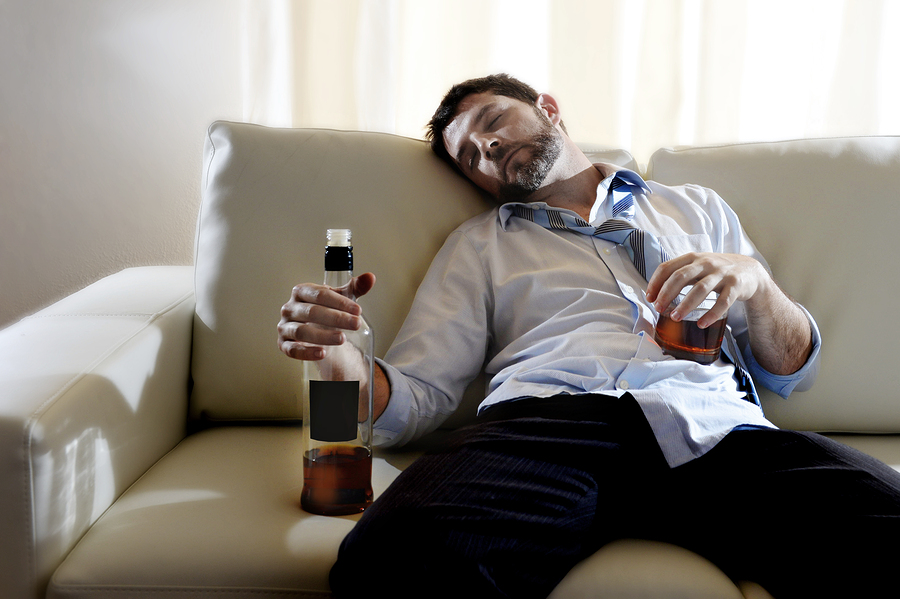Phencyclidine is currently an illegal drug in the United States, but was at one time a legal medication; it was originally developed as a surgical anesthetic in the 1950s. Phencyclidine, oe PCP for short, can act as a depressant, stimulant, or hallucinogen. It usually takes the form of a crystalline white, off-white, or yellowish powder, but sometimes it can be found in capsule or pill form. In order for individuals to obtain PCP, it must be bought on the black market due to its illegality. PCP is considered a Schedule II hallucinogen drug due to its high potential for abuse and physiological dependence. It is known on the street under nicknames angel dust or peace pills. PCP is a popular, potent street drug with hallucinogenic and sedative effects. Individuals who use PCP are at high risk for abuse and eventual dependence.
What are the Effects of PCP?
PCP can be found in various forms, such as white powder, tablets, or liquid. According to the American Addiction Centers, the majority of individuals who use PCP ingest it by smoking it. PCP can be sprayed on herbs or cannabis and then smoked. Symptoms can be more or less intense depending on the dosages and different forms of PCP. Common effects of PCP on the body often include:
- Lack of rational judgment
- Increased aggression
- Perceptions of invincibility
- Lessened or dulled response to pain
- Willingness to harm others
If the PCP ingested is not pure, the symptoms can worsen. The purity of a drug refers to whether or not the drug is laced with any other ingredients. Impurities in PCP can cause it to have a brownish hue compared to its usually white color. Because PCP cannot be obtained through a pharmacy, it is manufactured on the streets and abroad and is often found to be laced with other materials. Impure PCP can have a number of more severe side effects, both on a short-term and long-term basis.
According to the National Institute on Drug Abuse, hallucinogens have a number of short-term and long-term side effects on the body. Short-term side effects include:
- Increased blood pressure, temperature, and/or breathing rate
- Decreased appetite
- Sensory confusion, such as the perceived ability to “see” sounds
- Sense of invulnerability
- Difficulty sleeping
- Dry mouth
- Hallucinations, often touted as “spiritual” experiences
- Loss of coordination
- Excessive sweating
- Paranoia or psychosis
These symptoms usually take effect within two minutes to an hour depending on the dosage. Although the research on the long-term effects of PCP use is limited, it is understood that various health issues can occur. Long-term side effects of PCP include:
- Memory loss
- Substantial weight loss
- Speech difficulties
- Anxiety, depression, and/or suicidal thoughts
Signs of PCP Use
PCP is often used along with other drugs such as LSD. The Substance Abuse and Mental Health Services Administration (SAMHSA) found that between 2005 and 2011 there was a 400 percent increase in emergency room visits because of PCP abuse and overdoses. This illustrates an dangerous increase in recreational use of PCP. The age group of 24-34 was found to have seen the largest increase in PCP use.
Treatment for PCP Abuse
There are various options when it comes to the treatment of PCP abuse and dependency. Prescription medication is sometimes a component of a comprehensive addiction treatment plan. In general, the symptoms of PCP withdrawal are largely psychological in nature. The American Addiction Centers explain that the symptoms of withdrawal include anxiety, depression, insomnia, and weakness. In some instances, medically-assisted treatment may be used during withdrawal and recovery to control specific symptoms as they appear. PCP abuse has been known to take place alongside other types of substance abuse. Therefore, individuals recovering from PCP addiction and dependency must often detox from other substances as well. Medical detox is generally recommended in cases of multi-drug abuse to ensure the safety and comfort of the patient throughout the withdrawal process. In some cases, alongside medications to ease and individual’s withdrawal symptoms, alternative therapies, such as massage and meditation, may also be used to assist in maintaining comfort in body and mind. Medication is never the only solution to curing any drug addiction. Individual and group therapy should always play a large role in the recovery process.



